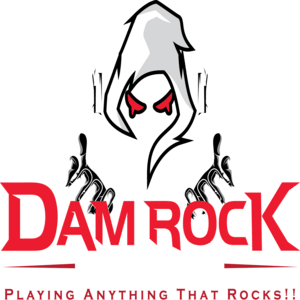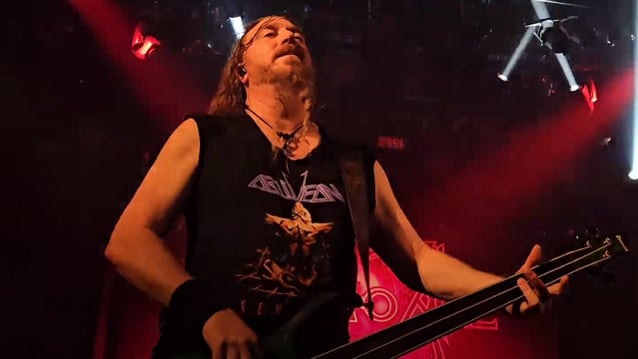In a recent interview with D’Addario And Co., veteran metal bassist Steve DiGiorgio spoke about what it was like to play and make music with late DEATH mastermind Chuck Schuldiner in the 1990s. He said (as transcribed by BLABBERMOUTH.NET): “Working with Chuck, he established the song with his riff, and he would allow the players around him to take that and interpret it as they saw fit, as long as he still had that direction that he set out. He really pushed the players to add to that stuff. There was even times where I would write something a little counterpoint, something going crazy, and I’m thinking, like, ‘Oh, he’s gonna hear this and he’s probably gonna want to tame it down because it’s a little brave.’ And he would just shake his head. And he’d be, like, ‘Man, I know you could do more. I like your idea, but come on — go for it.’ So he was a big factor for me to go for it. He was a try-anything kind of guy.”Steve continued: “In the old days, people would say, ‘Is he a tyrant in the studio?’ I’m, like, ‘Man, are you kidding? This guy is the most open-minded free thinker.’ And there was times where your ideas steered a little bit away from what he was looking for and he would rein you in and say, ‘Can you save that for over here? Because maybe I have a harmony part that comes on. I don’t want it to clash.’ He wasn’t just letting everything fly — it was a good quality control — but he had enough confidence in his own composition ability that he could allow players to be themselves, bring their personality in and decorate his riffs. And it’s still his composition, it’s stillDEATH, and more people enjoy it because now the drumming world is interested in this band, bass players are interested in this band. So he welcomed this kind of activity because it just drew people in. And then you see the catalog. It’s this iconic band with brutal death metal with musicality in it.”He came from a very brutal background, so the early stuff has this guttural, demonic vibe, but his interests were in power metal, classic metal, melodic singing — Bruce Dickinson, Rob Halford, King Diamond,” DiGiorgio added. “That was always trickling in and influencing his evolvement as a writer. These really major progressions and happy notes are getting thrown in in a brutal context. There’s this hybrid in there, and I think that set him apart because he didn’t have this really narrow margin of, ‘This is death metal.’ There were no margins. If it sounded a little happy, that’s good. Well, maybe the next part will get dark again and we’d go back and forth, and I think that gives DEATH its distinct character — this kind of willingness to just break genres and let stuff seep in as it may.”For more than a decade, DiGiorgio has been touring with DEATH TO ALL (DTA),which features former members of DEATH celebrating the life and music of Schuldiner.The current lineup of DEATH TO ALL includes DiGiorgio on bass, Gene Hoglan (also of DARK ANGEL and DETHKLOK) on drums and Bobby Koelble on guitar, with Max Phelps (CYNIC) handing the vocal and second-guitar duties.Schuldiner died on December 13, 2001 after a battle with pontine glioma, a rare type of brain tumor.In recent years, DEATH’s storied catalog has undergone a meticulous reissue campaign via Relapse Records.Relapse released the first-ever fully authorized DEATH tab book, featuring 21 classic songs tabbed out for guitar from the band’s entire discography. The book, which includes traditional notation as well as tablature, also comes with a digital download of all tracks.In a 2011 interview with Bass Musician magazine, DiGiorgio stated about working with Schuldiner: “Sometimes people make good music together, and sometimes they vibe like yin and fucking yang. Chuck is credited with a lot of things in the music world (metal world, of course),but one thing a lot of people don’t know much about is how aware he was. What I mean is that he was a good listener. If I thought of a wacky bassline to something he was writing, before I could even try to explain why it came to me, he was already ahead of it and looking for something on the next part. He had a good sense of when to hold me back and when to push me. It was great to have someone, especially the ‘main man’ of the band not only appreciate what I contributed but also help me find my inner demon to conjure even sicker and more abstract things to play. There really was some math going on in that roiling storm sometimes.”[embedded content]







